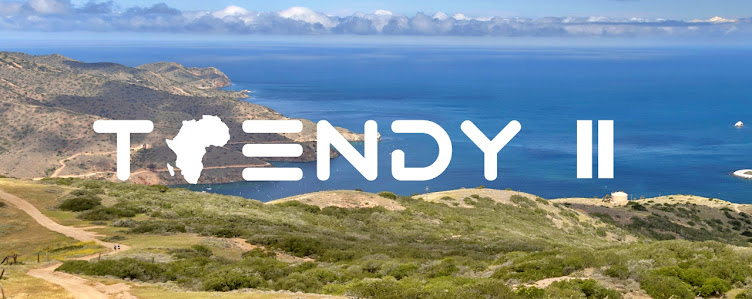ABUJA, Sept 24 (Reuters) - Nigerian companies making
anything from soap to tomato paste could run out of raw materials and be forced
to shut down as Africa's top oil producer has effectively banned the import of
almost 700 goods to prevent a currency collapse.
Selected luxury items such as make-up or brown bread
imported from Europe have become scarce in some shops as the central bank
denies importers dollars, seeking to stem the fallout from a crash in vital oil
revenues hammering Africa's largest economy.
The central bank has restricted access to foreign
currency to import 41 categories of items to stop a slide of the naira but the
Manufacturers Association of Nigeria (MAN) said this in fact amounted to about
680 individual items.
The foreign exchange bans are part of a long-term
plan by President Muhammadu Buhari to encourage local manufacturing, but they
run the risk of pushing the economy closer to recession after growth halved in
the second quarter compared with the same period last year.
Many items on the central bank list - ranging from
incense and toothpicks to plywood, glass and steel products -- are not
available in Nigeria in sufficient volumes.
While Nigeria grows a lot of tomatoes, transport is
poor and it lacks facilities to produce the concentrate needed by factories
making tomato paste, a staple in the West African nation.
"We've taken this matter up with the central
bank and the highest authority in this country ... Fiscal authorities will also
be involved, they weren't before," Remi Ogunmefun, the director general of
MAN, said.
MAN had told the central bank 105 items should be
removed from the list, but the bank said it could not afford to do so and
agreed to look into removing 44 items.
MAN also suggested 93 finished items that should be
added to the list because Nigeria produces enough of them.
The economic crisis is a blow to Buhari who wants to
end dependence on oil revenues but faces criticism for failing to name a
cabinet four months after taking office.
Since the central bank unveiled its controls in
June, executives have had to deal with foreign suppliers worried they won't get
paid. They also struggle to convince banks to approve dollar payments.
"It takes minimum 10 days now to get dollars,
before it was 24-48 hours, and sometimes when you request like $100,000, you
only get $80,000 and it's getting worse," said an executive at a large
furniture company, asking not to be named.
It's not clear which imports are still allowed as
the central bank lists only categories. He can still bring in beds and chairs
to be assembled in Nigeria, but not sofas.
Some firms have defaulted on contracts and lost
credit lines. "Many companies have defaulted on fulfilling foreign
obligations ... even blue chip companies ... for the first time," said
Muda Yusuf, director general of the Lagos Chamber of Commerce.
According to the Lagos Chamber of Commerce, Nigeria
is short of 600,000 tonnes a year of palm oil, that is used to make soap,
detergents and cosmetics that have also been restricted. Pharmaceutical firms
lack bottles, and glass manufacturers do not have the glass to make them.
Julia
Payne (Reuters)




